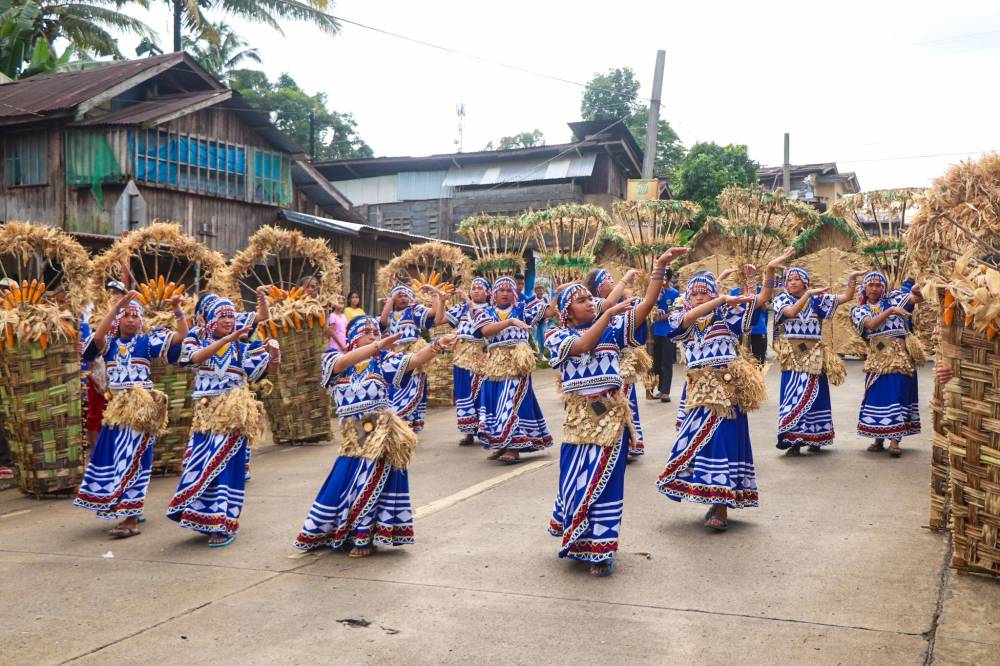
Indigenous traditional knowledge (ITK) plays a crucial role in biodiversity conservation, offering unique perspectives and practices that have been passed down through generations and are deeply connected to the land and ecosystems. The creation of a dedicated subsidiary body within the Convention on Biological Diversity (CBD) to focus on indigenous peoples represents a significant step forward in recognizing and incorporating this invaluable knowledge, which complements scientific insights, into conservation efforts.
In a speech at COP16, Assistant Secretary-General for Human Rights Ilze Brands Kehris emphasized how the establishment of this new subsidiary under Article 8j of the Convention presents a pivotal opportunity to advance human rights, particularly those of Indigenous Peoples (IP) and local communities, while also safeguarding the environment and upholding the Framework’s commitment to living in harmony with nature.
In biodiversity hotspots such as the Philippines, where IPs play a crucial role in safeguarding biodiversity, establishing a specialized subsidiary body can yield numerous advantages. Primarily, it can guarantee the meaningful engagement of IPs in governance processes concerning biodiversity conservation, granting them a forum to share their insights and expertise. This inclusive approach can result in the development of more efficient and culturally respectful conservation measures that harmonize with traditional wisdom.
No comments:
Post a Comment